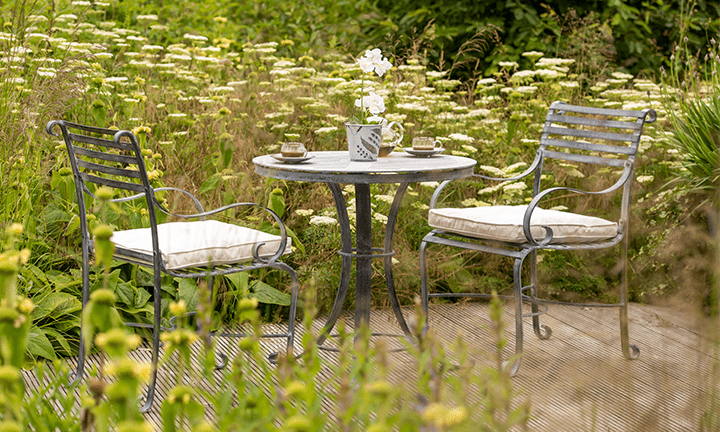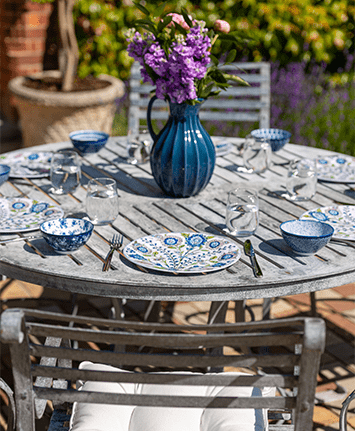The maggots are eating more raspberries than me
Please can you help me.
We have some wonderful, large, ripe, juicy late raspberries. They crop very heavily as we take care to prune them each year and support them whilst the new growth produces an abundent crop of raspberries. I do not cage or net my fruit, as I do not mind sharing the fruits of my labours with the local bird population, in fact I use natural jute string to help support them to encourage the birds to trim of part of this material for nesting purposes.
I have had these canes for about 4 - 5 years and in the initial stages had no problems with the raspberry fly as I used to use a derris type powder on them once they came into flower but I understand this can be harmful to bees (another garden visitor which I wish to encourage.) The raspberry canes are planted next to couple of thornless blackberries on one side and the crop on the other side rotates over a three year cycle of legumes, potatoes and brassicas.
However in our quest to strive to a fully organic method of growing, we have used no chemicals on them at all for the last two years. Consequently I find that when picking the raspberries I am unable to use a majority of the crop as the top of most of the raspberries has been attacked by some pest - I think it is called a raspberry fly, making part of the top of the raspberry dry up and change to a greyish blackish browish blob. If they are left long enough maggots will appear inside the raspberry.
How can I remain organic, but elimiate (or at least mimimise) desimation of my crop of raspberries!
Thank You
Hilary.
Many thanks for your enquiry regarding the problems you are experiencing with your raspberries. From the thorough description you have provided, it would appear that the Raspberry Beetle is the culprit.
The brown adult beetles lay eggs on the flowers from May through to the middle of July; these eggs hatch and the yellow-brown, brown-headed larvae begin feeding at the stalk end of the developing fruit before making their way inside – these are the maggots you discover in the fruit, and the distortion and discoloration of the fruit is a direct result of this pest. The larvae feed on the developing fruit for around a month before returning to the soil in late summer to pupate; adults emerge from the pupae in the autumn but remain in the soil until the following spring. As you, like ourselves, garden organically, the following control measures are acceptable.
Regular hoeing of the soil around the canes during the summer will unearth any pupae, which are much sought after by the local bird population; applying derris, either in spray or dust form, is the other control method and this must be applied as soon as flowering has finished and the first pink fruits appear. A further application 2 weeks later is also necessary as the key to controlling this pest is to kill the larvae before they tunnel into the fruit. Derris, although an organic insecticide with the active ingredient of rotenone, is harmful to bees so apply in the evening after the bees have finished work for the day. It may also be worth noting that the adult beetles often fly in from wild blackberry and raspberry canes. Hopefully this information is of help and please do not hesitate to contact us should you have any further questions or queries.
Many thanks once again for your enquiry and good luck with your future raspberry crops!
Martin
























